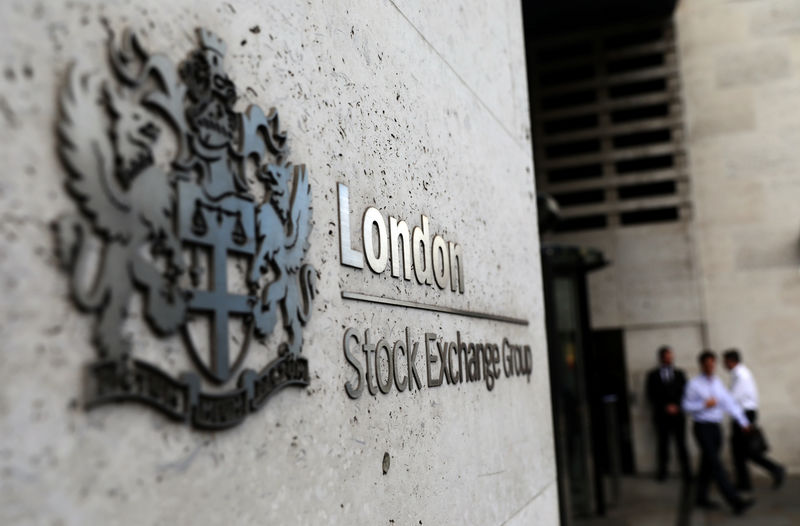By Kit Rees
LONDON (Reuters) - The FTSE 100 dropped to a 16-week low on Tuesday as investors dumped risky assets due to rising geopolitical tensions after North Korea fired a missile over Japan.
The blue chip FTSE 100 (FTSE) was down 1.3 percent at 7,307.52 points by 0936 GMT, in line with a broader slide among European shares.
Early on Tuesday North Korea fired a ballistic missile over Japan's northern Hokkaido island into the sea, shaking global markets.
"The race to the safe havens has seen the dollar ditched, which is resulting in some fresh and unwelcome sterling and euro strength," Mike van Dulken, head of research at Accendo Markets, said.
"The banks, the miners, are the first to succumb to risk aversion, and those with fx exposure, be it via their activities or, as can often be the case, their dividends can be worth less if they're paid in foreign currency," van Dulken added.
Financials were the biggest weight on the index, with the sector wiping more than 22 points off the index. Lenders HSBC (L:HSBA), Lloyds (L:LLOY) and Barclays (L:BARC) all fell between 0.4 to 2.6 percent.
In the energy sector, heavyweights BP (L:BP) and Royal Dutch Shell (L:RDSa) were both down around 1.3 percent, while miners Rio Tinto (L:RIO) and Glencore (L:GLEN) slid 1.4 percent.
Likewise large consumer staples firms such as British American Tobacco (L:BATS) and Diageo (L:DGE) also added pressure.
Building materials firm CRH (L:CRH) was the biggest individual faller, down 3.3 percent following a target price downgrade from Investec, who still remained positive on the stocks despite FX and higher energy costs.
Precious metals miners were among the few risers, with Randgold Resources (L:RRS) and Fresnillo (L:FRES) up 4.2 percent and 3 percent as gold prices rose to their highest since November on the back of demand for safe-haven assets. (GOL)
Mid cap precious metals miners Hochschild (L:HOCM) and Acacia Mining (L:ACAA) were also in demand, rising 7.9 percent and 3.5 percent respectively.
